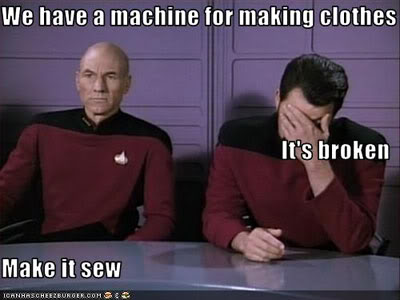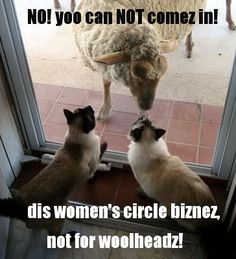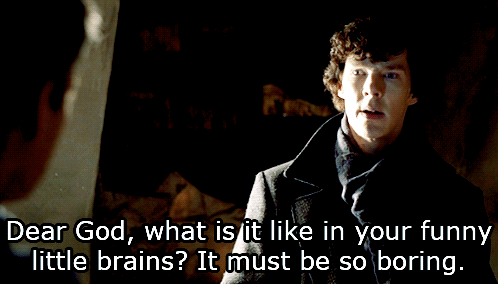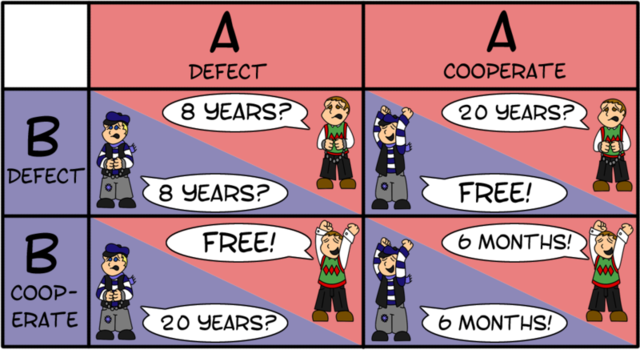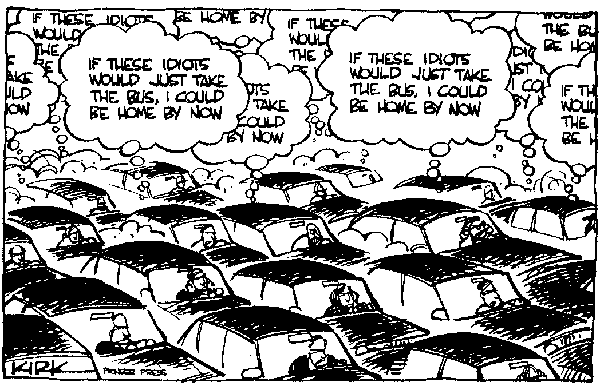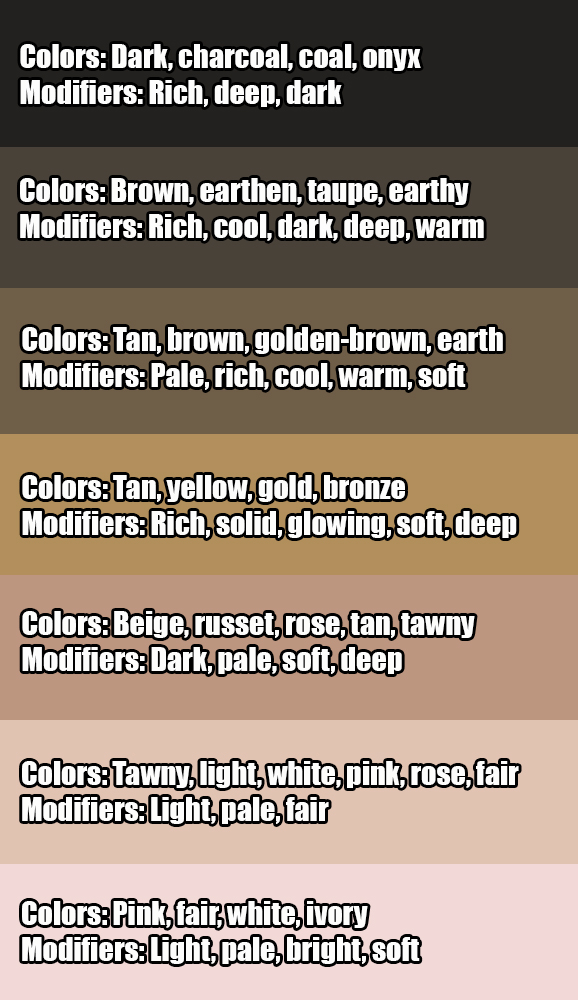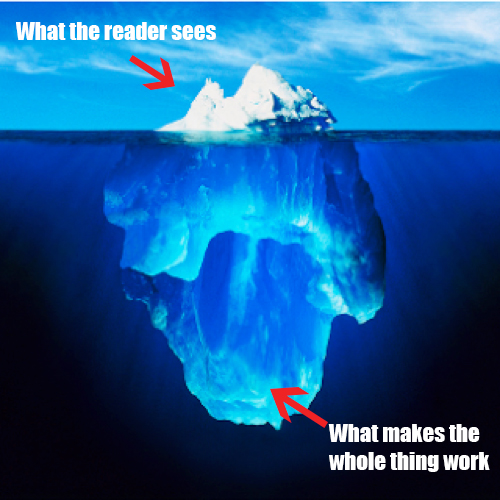I’m not linking to any of these books because they’re sold by Tor. My advice is for you to go to the library to check them out or to borrow them from a friend who purchased them before Tor decided that anyone not to the left of Mao was a neo-nazi. Whatever you do, try not to give your money to an organization that hates freedom of speech.
While Tolkien is often held up as the best example of world building in fantasy, I’ve found that his legendarium leaves too many important questions unanswered for him to be a good person to follow when it comes to world building. Sure, what he did was just enough for the stories he told but there are a lot of things left unsaid. Are the Vala worshiped? Do men and dwarves know of Eru Illuvatar? How, exactly, does magic work? Do you cast spells with words and components or is it just a kind of mental or willful projection?
Robert Jordan is a better example but his world actually got to be so complex with so many societies that I try to avoid using him as a good example for a beginner to follow. He’s someone you should check out, though, once you understand the basics and you’re trying to build a world that has a very, very, very high level of diversity in it.
Brandon Sanderson, on the other hand, is a great person for a newbie world builder to check out. His worlds and systems are complex but not overly so. He does a hell of a job with his magic systems. Each one is unique and different from the others. Each of his worlds contains enough history to be believable and enough societies to be interesting but you don’t wind up having to learn about every last one of them just to make sense of what’s going on. The first book you should check out by him is Elantris. It’s a good one for a newbie world builder to try to mimic. There are three religions, only one of which has much play in the story. There’s one magic system that the reader has to deal with. There are four nations mentioned but two of them can be treated as one because they’re similar enough to each other.
Elantris does a good job of having diversity without having it overwhelm you.
Once you’ve read Elantris, I’d suggest Warbreaker if you want another one-off or the first Mistborn trilogy (Mistborn: The Final Empire, The Well of Ascension, and The Hero of Ages). Both have one magic system apiece (though Mistborn winds up having that one system show up in three forms). They have two or three countries you have to worry about. Again, it’s diversity without the Parade of Nations aspect. Mistborn might be a slightly better choice than Warbreaker since Warbreaker can be a little off-putting with the way that the magic system is treated by two of the main characters (Vivenna and Vasher primarily).
Only then should you pick up The Way of Kings. It’s excellent and the world building is solid but it’s much closer to Jordan’s style than the others are.
Sanderson generally starts out his world building by determining what the major “elements” of the world will be (ruin, cultivation, honor, preservation, hatred, endowment, etc). He then builds a magic system that makes use of those elements while staying within the lines he’s drawn for himself in his greater cosmere outline. Each system winds up being unique and having its own quirks without being overly powerful and turning characters into gods wearing mortal flesh. He also only pulls in as many nations as he needs to tell his story and no more. He may make off-hand references to nations who never appear on-screen but he doesn’t hit you over the head with them the way Jordan sometimes did. He also avoids a lot of the D&D-clone aspects you’ll find in other worlds like R.A. Salvatore’s Drizzt series or the Dragonlance universe. Granted, those series were commissioned by Wizards of the Coast but the worlds themselves function more like gaming modules than living worlds.
Next week, we’ll explore some aspects of Jordan’s worlds and how he could build a world that had a definite fantasy look-and-feel without making it feel like a D&D cloneworld.
— G.K.












